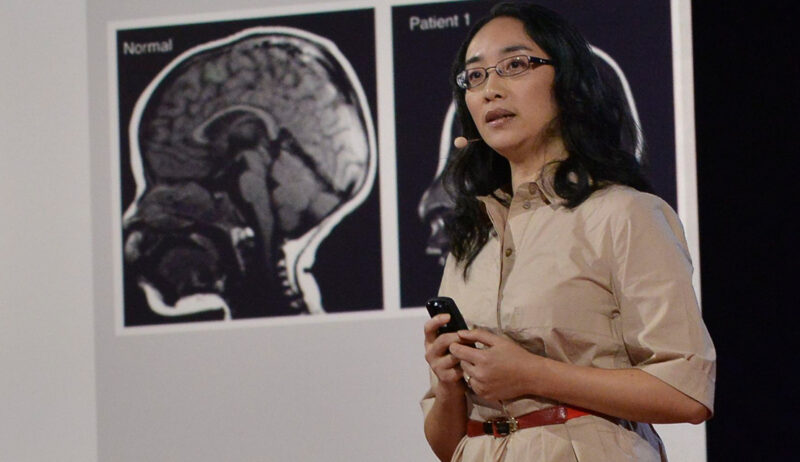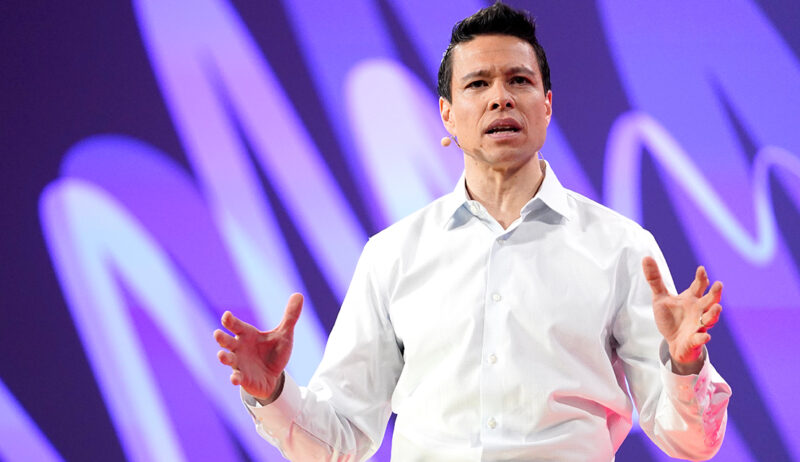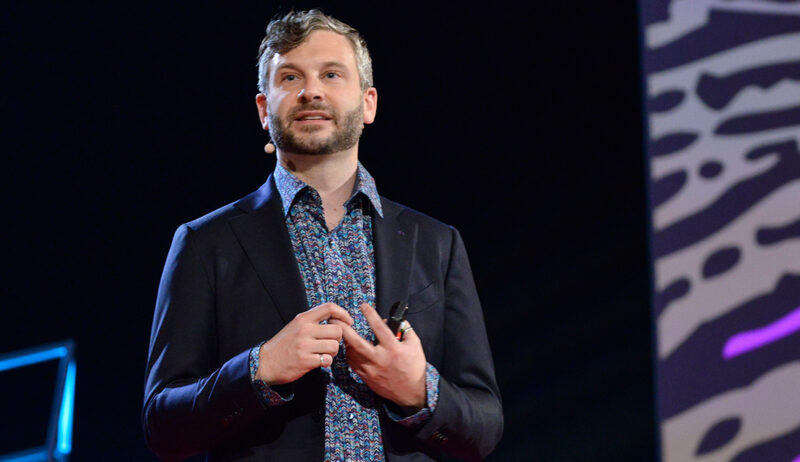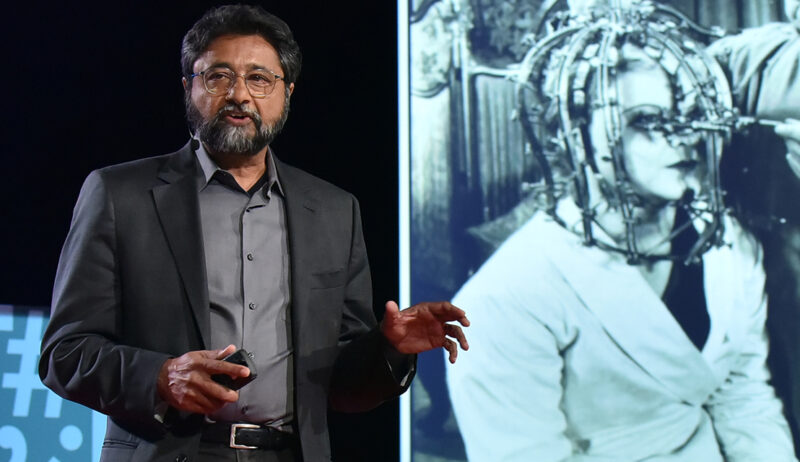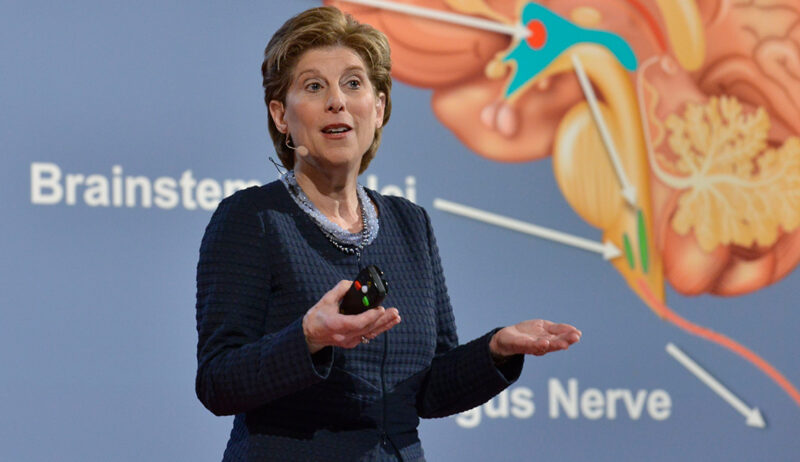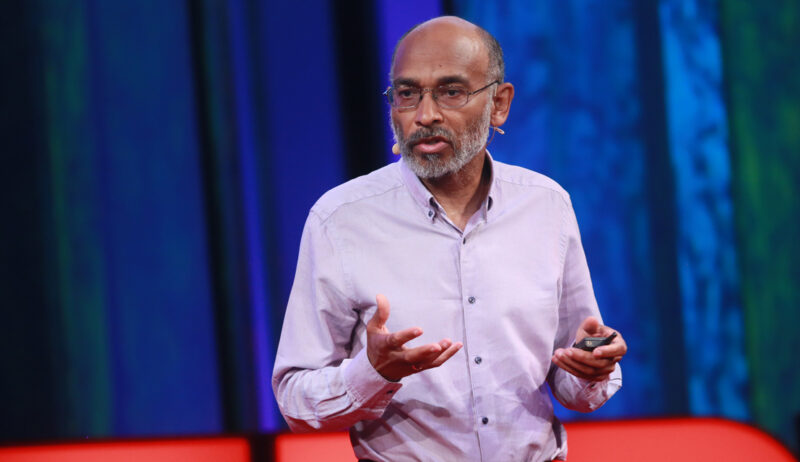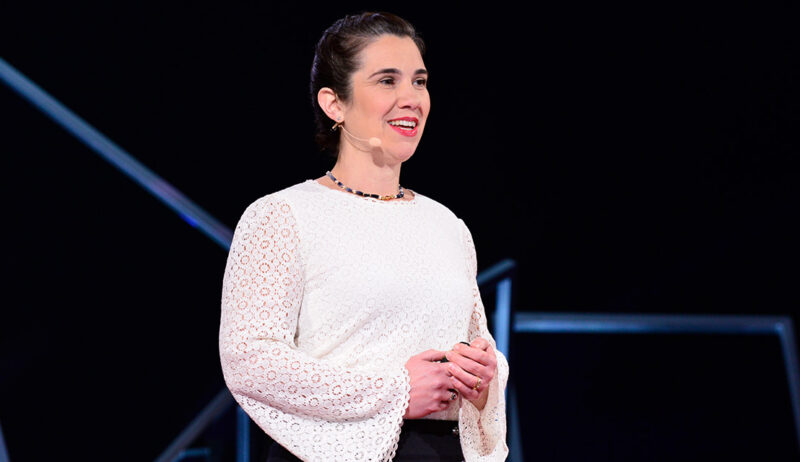About this talk
The brain is built and composed of billions of cells that are all doing highly specialized jobs. However, compared to other systems in the body, we don’t know much about this complex organ and everything that goes on within it. As a result, there hasn’t been the same kind of profound medical progress for the treatment of brain illnesses as we’ve seen for treating other systems within the body.
Geneticist Steven McCarroll views this problem from a unique angle—he sees the brain and all its complexities as a big data opportunity. So, at his Harvard Medical School lab, Steven and his team set out to develop technologies that use computers in powerful new ways to make sense of the brain, uncovering which cells and molecules matter in different brain illnesses. Watch Steven’s 2017 TEDMED Talk to learn how his research is driving data-driven scientific approaches and opening new opportunities in the treatment of mental illnesses.
About Steven McCarroll
See more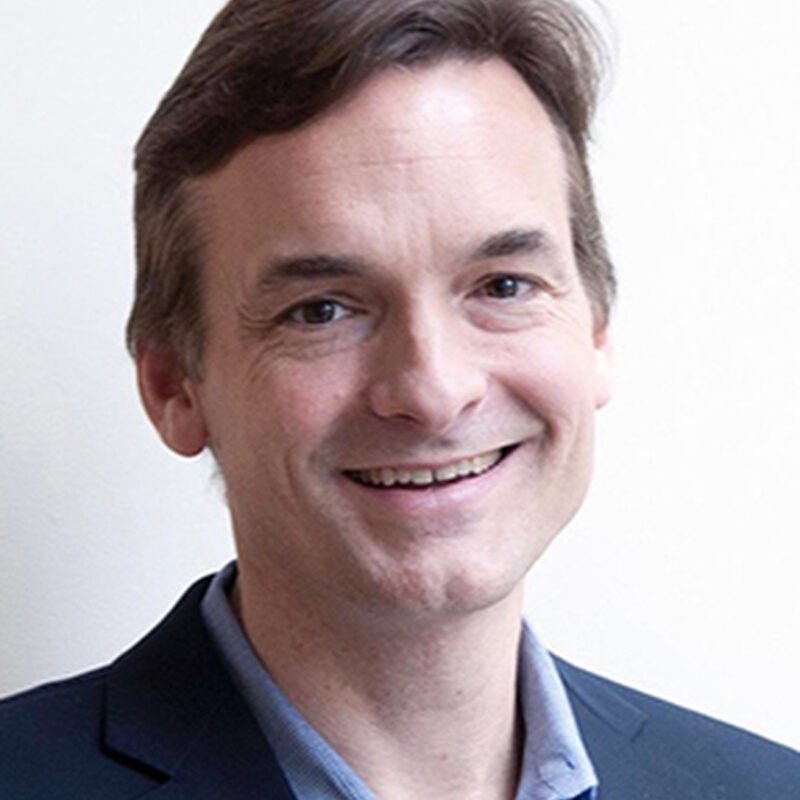
About Steven
Steven McCarroll is a leading geneticist who is revolutionizing our understanding of mental illness. As a professor at Harvard Medical School and the Director of Genetics at the Broad Institute’s Stanley Center for Psychiatric Research, he uses a combination of genetics, biology, and engineering to study the human brain. His groundbreaking research has helped uncover the biological causes of mental illnesses. In a major discovery, he and his team found a specific gene variation that can contribute to the development of schizophrenia. They found that this gene changes how the brain’s immune system “prunes” or removes certain connections, a process that is essential for normal brain development. This discovery is changing the way scientists think about the disease and is opening the door to new and better treatments. Steve continues to expand his work to study the genetic roots of other neurological disorders, including bipolar disorder and ALS. His research is not only helping to solve one of the greatest mysteries of human biology but is also offering new hope for people living with these conditions.

